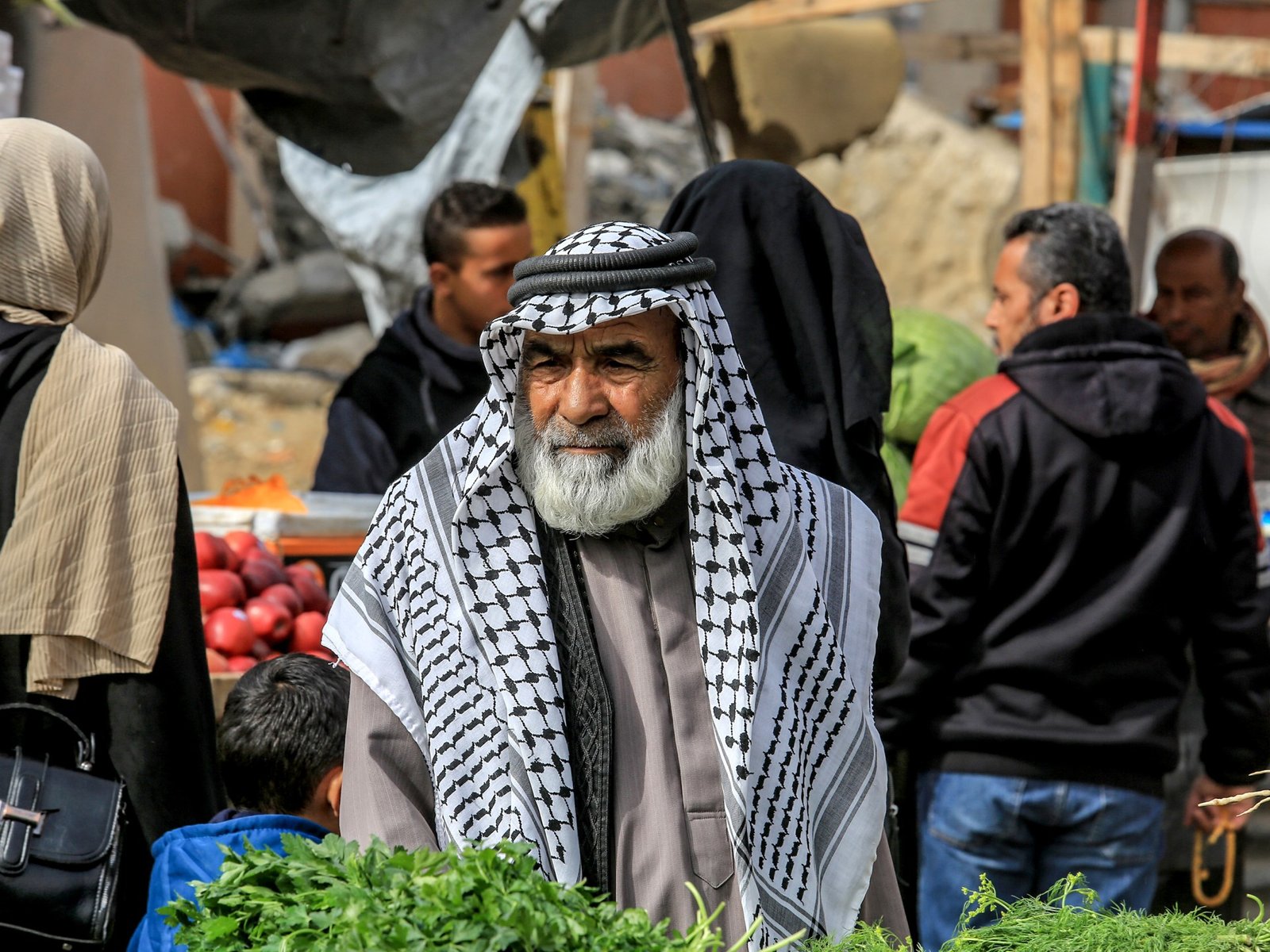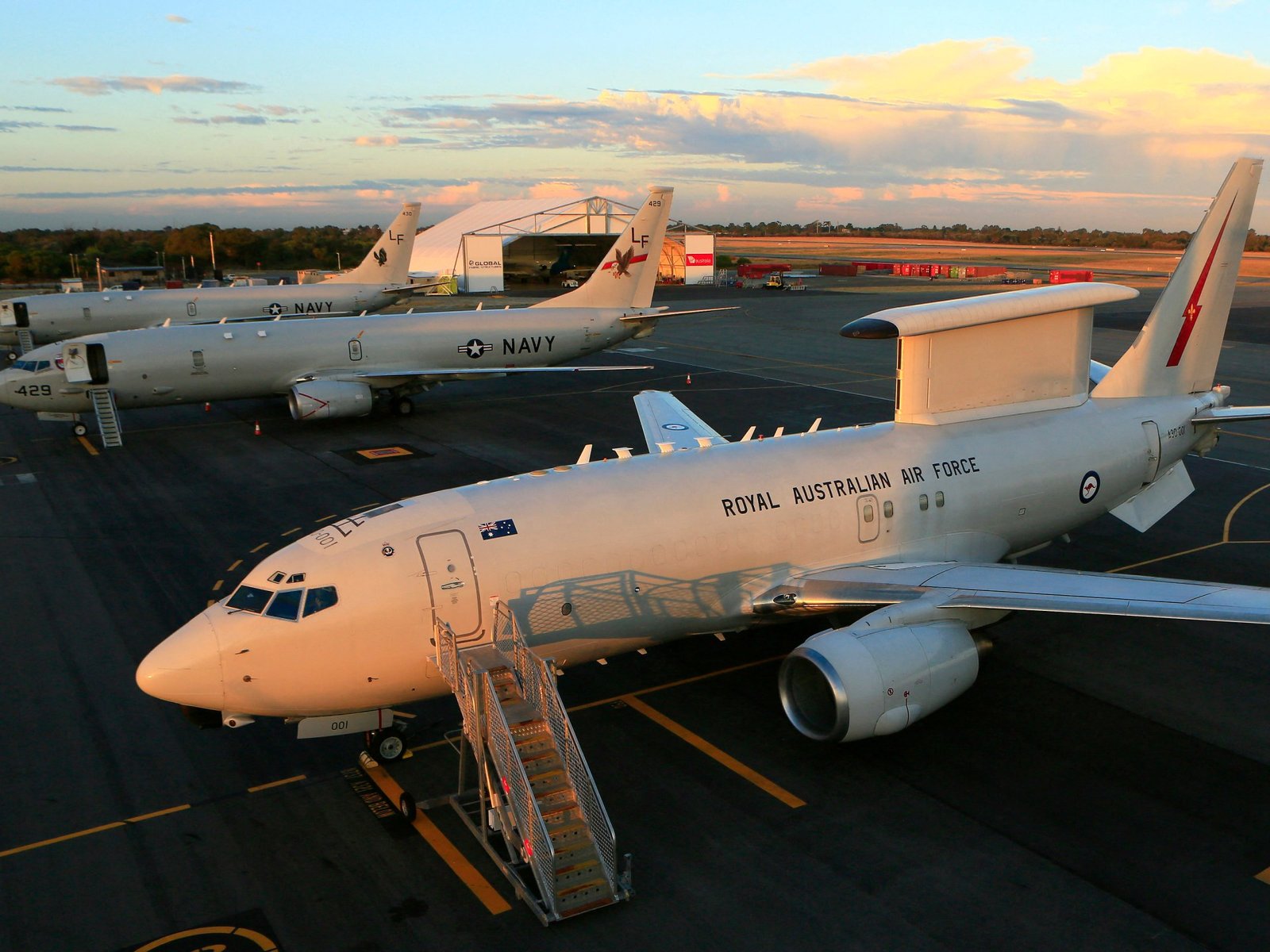It has been 16 months since Israel’s war on Gaza began, and the enclave lies in ruins.
Rebuilding it will be one of the largest reconstruction efforts in modern history, with the question of who will pay for it still needing to be addressed.
The Israeli military has killed more than 61,700 people and wounded another 110,000, mostly women and children. Many bodies are still buried under up to 50 million tonnes of rubble.
For now, there is no clear plan for reconstruction. Last week, President Donald Trump made comments about the United States “taking over” Gaza and forcing the expulsion of its people, in what human rights groups said is ethnic cleansing.
His proposal has been roundly rejected by international leaders.
True cost of reconstruction remains unknown
Since October 7, 2023, Israel has dropped at least 75,000 tonnes of explosives on Gaza. More than 90 percent of homes and 88 percent of schools have been damaged or destroyed, not to mention the bombing of roads, hospitals, farms and water treatment facilities.
The United Nations estimates that it will cost $53bn to reconstruct Gaza, and a UNDP report released last year said it could take until at least 2040.
“The UNDP’s estimate does not account for all physical infrastructure. It’s just housing,” said Rami Alazzeh, an economics affairs officer at the UN Conference on Trade and Development.
“We won’t know the true cost of reconstruction until an on-the-ground assessment is conducted. That said, we do know it will cost tens of billions of dollars,” Alazzeh said. “And the process will have to begin by clearing the rubble.”
The clear-up alone will cost at least $1.2bn, or “slightly over half of Gaza’s GDP in 2022”, according to Alazzeh.
Removing the rubble will be complicated by unexploded ordnance, dangerous contaminants – like asbestos – and thousands of dead bodies.
Away from physical infrastructure is rebuilding the lives of the people in Gaza.
“War conditions have pushed unemployment up to 90 percent,” said Alazzeh. “Human capital has been badly hit. Children have already lost 16 months of school, and people have not received adequate medical care for a year-and-a-half.”
In the first nine months of the conflict, the World Health Organization reported nearly one million cases of acute respiratory infections in Gaza, half a million cases of diarrhoea and 100,000 cases of scabies, all against a backdrop of high malnutrition.
With Gaza’s long-term development prospects “severely constrained”, Alazzeh said “the pace of reconstruction will depend on the possible resumption of hostilities as well”, in reference to Israel’s repeated destruction of Gaza’s infrastructure in the past.
Funding about more than money
After the 2014 Israeli war on Gaza, international donors pledged $5.4bn for rebuilding efforts in roads, hospitals, housing complexes, and agricultural projects.
This time, reconstruction will focus on similar areas but the overall level of destruction is greater and the situation seems more precarious.
Palestinian development economist Raja Khalidi told Al Jazeera that, away from Trump’s outlandish plan, “key players like Egypt and Qatar won’t put lots of money on the table without a political process”.
For Khalidi, “easing the blockade and generating [construction] momentum will require a government in Gaza that is acceptable to donors, Palestinians and Israelis”. However, he warned that “political consensus has been our Achilles heel for many years”.
Even if funds were forthcoming, Khalidi said, Israel’s ban on “dual-usage” construction materials entering Gaza – dating back to 2007 – inhibits construction. Israel blocks the import of pipes, steel and cement, claiming they could help Hamas to build underground tunnels.
While phase three of the ceasefire agreement between Hamas and Israel stipulates the complete withdrawal of Israeli troops followed by a three-to-five-year rebuilding process, Khalidi stressed that the chances of reaching that phase are very slim.
Israel has already threatened to return to bombing Gaza if Hamas does not release three agreed-upon captives by Saturday.
Hamas had announced a pause in implementing its side of the ceasefire agreement, citing Israel’s repeated violations of the ceasefire.
Trump’s Middle East plan
Israel has said it will not pay to fix the damage it caused in Gaza.
“Israel has dismissed the idea of compensation”, said Daniel Levy, a former Israeli government adviser. “Unfairly, Israel is also given a say in how Gaza should be run.”
The Israeli government has said it won’t accept a Hamas leadership in Gaza, while many in the international community want a revitalised Palestinian Authority (PA) to govern Gaza – a sentiment not shared by most Palestinians in Gaza.
Until last week, analysts believed Trump – who has long wanted Saudi Arabia to normalise relations with Israel via the Abraham Accords – would try and strong-arm the Israelis and the Palestinians into a regionally acceptable, if fragile, peace.
But after Trump’s proposal to ethnically cleanse Gaza, the possibility of Saudi-Israeli normalisation, which Riyadh has conditioned on the creation of a Palestinian state, has been “kicked into the long grass,” said Levy.
“Saudi Arabia’s position on the establishment of a Palestinian state is firm and unwavering,” its Foreign Ministry said in response to Trump’s “Riviera of the Middle East” plan.
“I’m not holding my breath on a two-state solution,” said Levy. “Unfortunately for Gaza, reconstruction is a shadow conversation. Rebuilding is about politics … and ultimately tipping the balance away from Israeli interests.”
“I don’t expect Trump or the international community to do that anytime soon,” he said.
For the economist Khalidi, Palestinian resolve after 16 months of war offers a glimpse into the future.
“If money [from abroad] doesn’t come, the people of Gaza will rebuild it themselves,” he said. “It will take a lot longer, but they’ll do it.”



